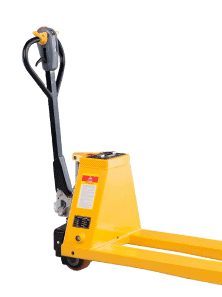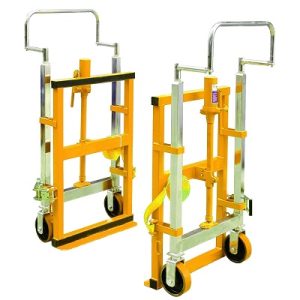Pallet Trucks UK, one of the country’s leading providers of pallet trucks and other manual handling equipment to a range of sectors has welcomed the revelation that UK legislation, which is generally seen as the ‘gold standard’ in health and safety, is unlikely to change substantially in the short term, should the UK leave the EU.
When the UK joined the EU in 1973, a series of health and safety directives were issued at the European level and transposed into UK law. The Health and Safety at Work Act 1974 establishes obligations for employers to identify, evaluate, avoid and reduce workplace risks in order to ensure that working environments are safe and fit for purpose. Once outside the European trade rules, the UK would be free to ‘cut red tape’ and derestrict rules. However political and social realities mean that the impact on health and safety related legislation is likely to be limited, so should the UK vote to leave the EU, the UK parliament is likely to confirm the status of existing legislation but amend it where needed to take the new relationship with the EU into account – similar to other countries outside the EU.
Phil Chesworth from Pallet Trucks UK said, “Health and safety is paramount in the industries we supply to. Having legislations and guidelines which employees adhere to is so important for ensuring the safety of everyone involved. The UK has long been a beacon for health and safety around Europe, with other countries looking to us for guidance. With that in mind, it’s so important that we continue to follow these guides and ensure everyone’s safety, whether we stay in the EU or not.”
Relevant regulation dates back to 1833, and over the years, the UK has developed one of the best health and safety records in the world. The foundation of the current health and safety regulatory system has one simple principle, those who create risks are best placed to control them. The current UK health and safety regime is made up of a combination of laws that derive solely from the UK, and others that were made under EU directives.





